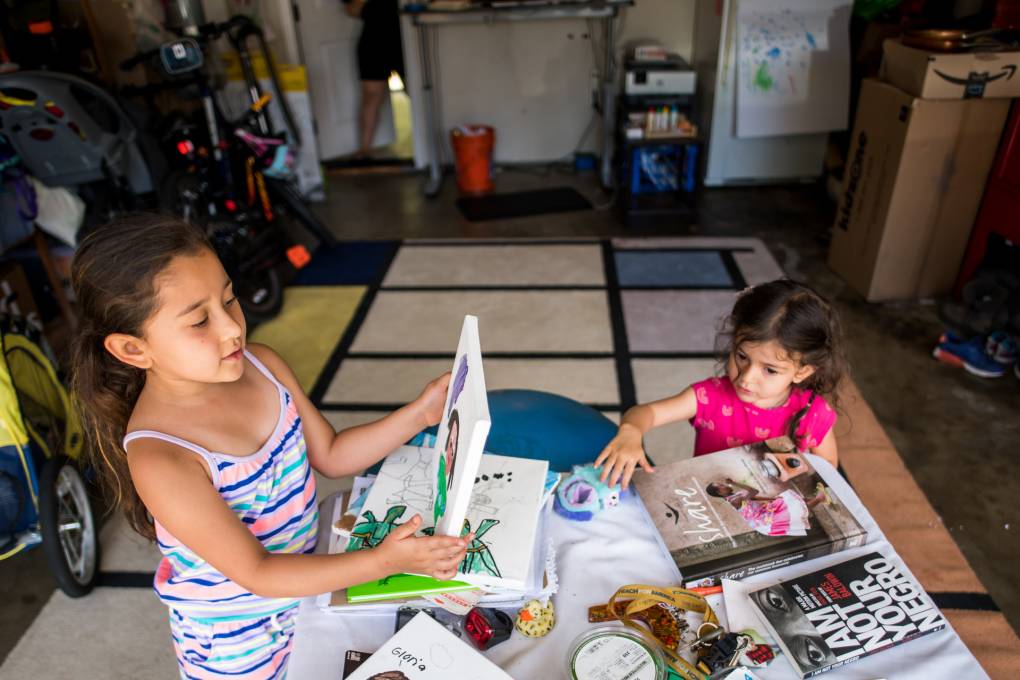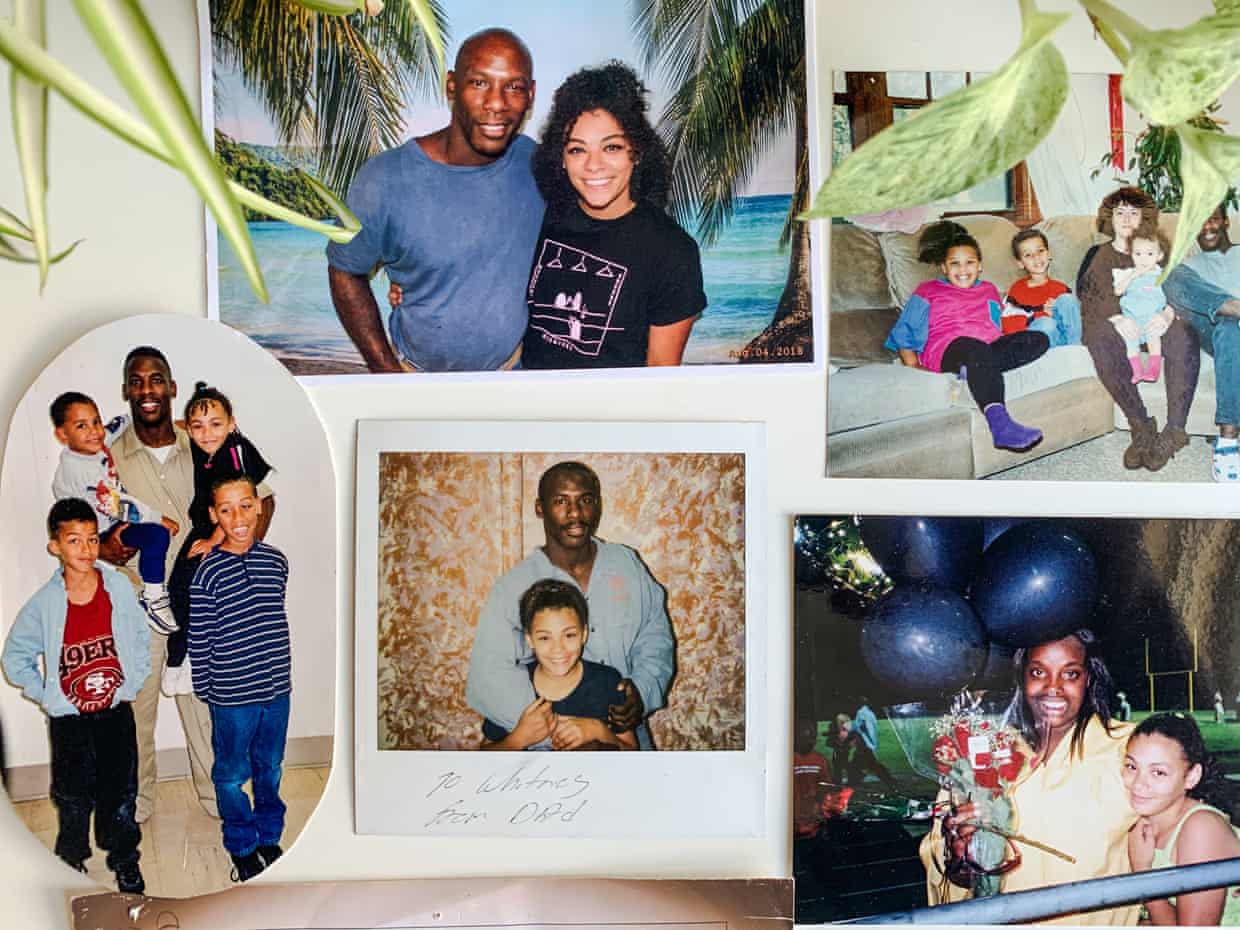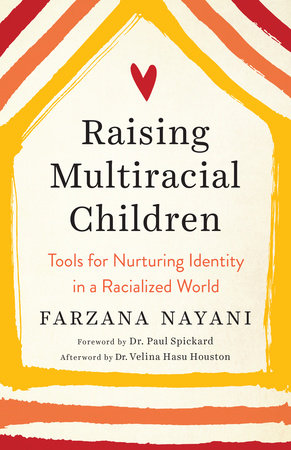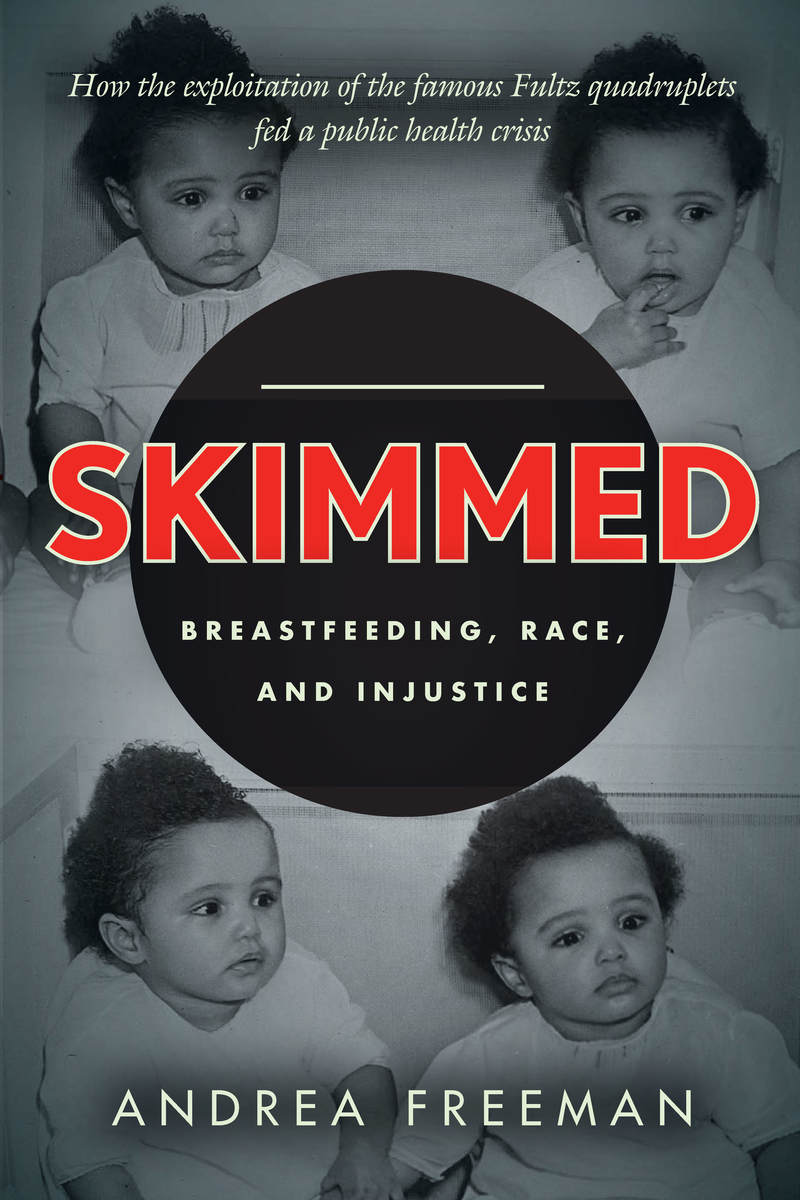Are you raising a Biracial child? If so – we want to learn more about their experiences in your family!Posted in Family/Parenting, Media Archive, United States, Wanted/Research Requests/Call for Papers on 2020-06-15 23:44Z by Steven |
McKenzie N. Stokes, B.S., Doctoral Candidate
Applied Social and Community Psychology
North Carolina State University
2020-06-15
We are currently conducting a research study on if and how multiracial families communicate about race and culture. We are reaching out to ask if your child could participate in our study which will include completing 2 brief surveys and partaking in a 1-hour group discussion with other Biracial youth on Zoom.
Participation is completely voluntary, and their answers will be confidential. They will receive a $10 (USD) Amazon gift card for participating. Information from this project will help researchers and family psychologists understand how to best serve Biracial youth and multiracial families like yours.
In order to participate, your child must be:
- Between the ages of 12 and 17
- Biracial Black-White (e.g. the biological child of 1 White parent and 1 Black parent)
- Live with 1 at least of their biological parents in the United States
If you are interested, please click on this link for our brief eligibility questionnaire https://tinyurl.com/ProjectBASES. Once we confirm eligibility, we will send you an email with more information about the study and the activities your child will participate in. If your child is not eligible to participate, the data will be destroyed.
If you have any questions, please do not hesitate to contact me by phone (919) 438-3176 or email: mnstokes@ncsu.edu.
Thank you!











